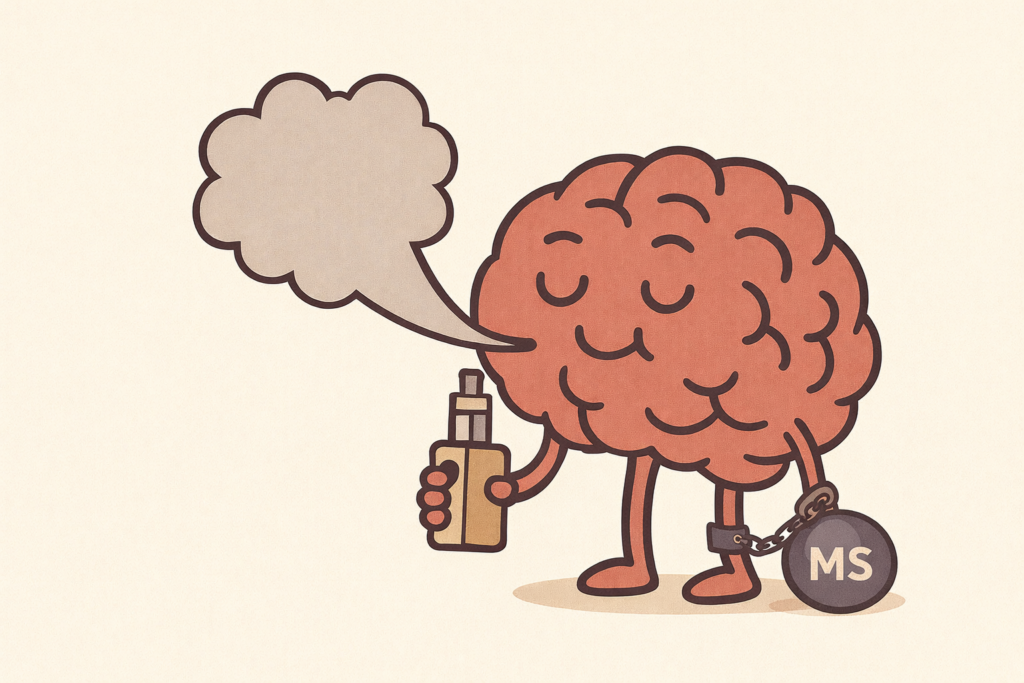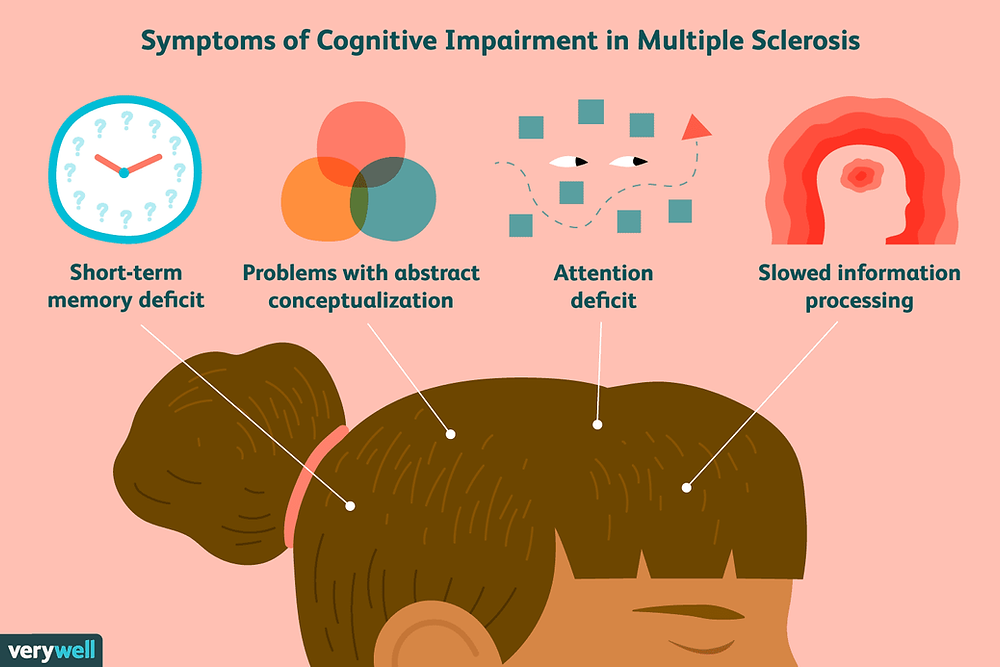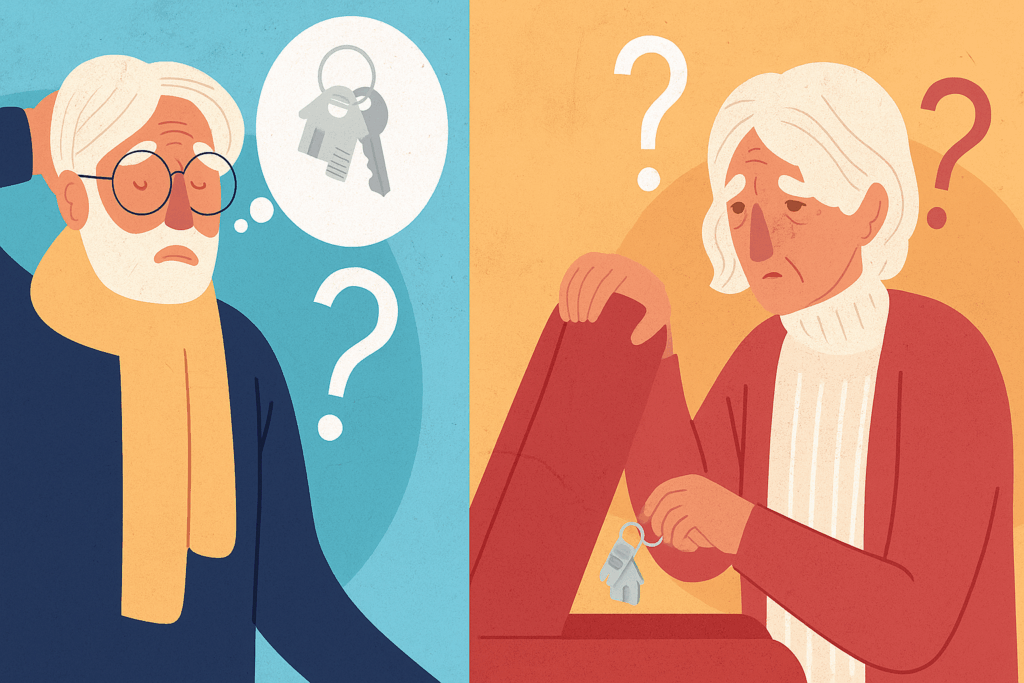𝐊𝐞𝐞𝐩 𝐘𝐨𝐮𝐫 𝐇𝐨𝐥𝐢𝐝𝐚𝐲𝐬 𝐟𝐫𝐨𝐦 𝐁𝐞𝐜𝐨𝐦𝐢𝐧𝐠 𝐚 𝐇𝐞𝐚𝐝𝐚𝐜𝐡𝐞
The holiday season is filled with joy and celebration. But it is also filled with stress, putting in extra hours to get that last present wrapped and the food ordered, and of course with extra libations, both food and alcohol. So, while you might expect this special season with time off work to help reduce your migraines, […]
𝐊𝐞𝐞𝐩 𝐘𝐨𝐮𝐫 𝐇𝐨𝐥𝐢𝐝𝐚𝐲𝐬 𝐟𝐫𝐨𝐦 𝐁𝐞𝐜𝐨𝐦𝐢𝐧𝐠 𝐚 𝐇𝐞𝐚𝐝𝐚𝐜𝐡𝐞 Read More »









